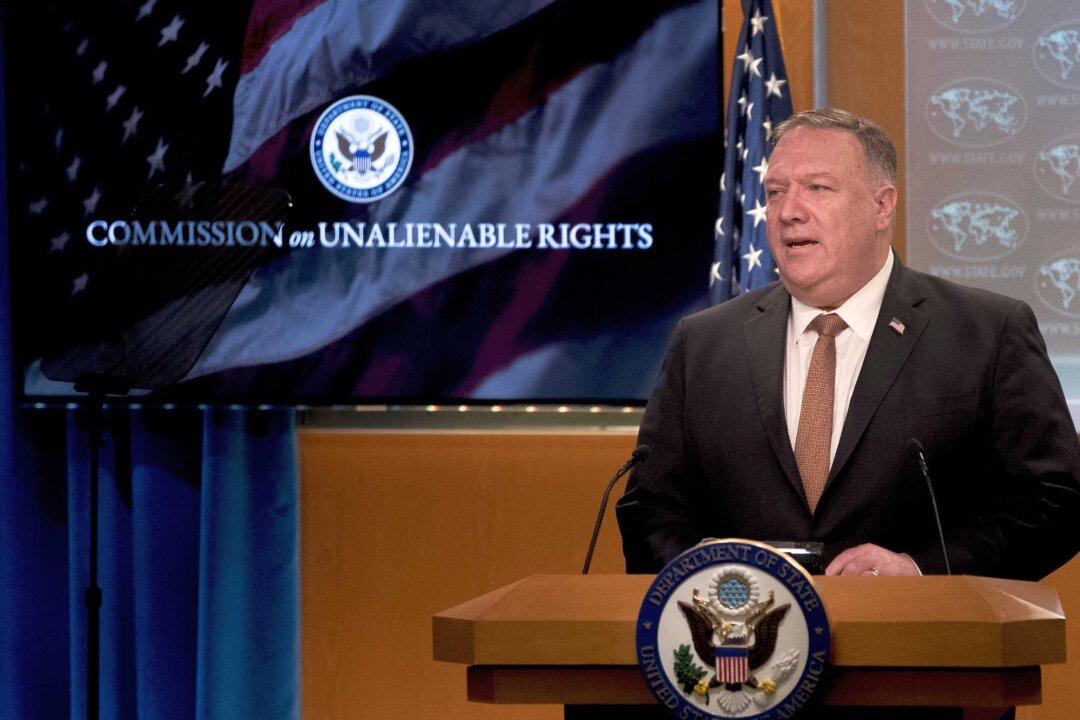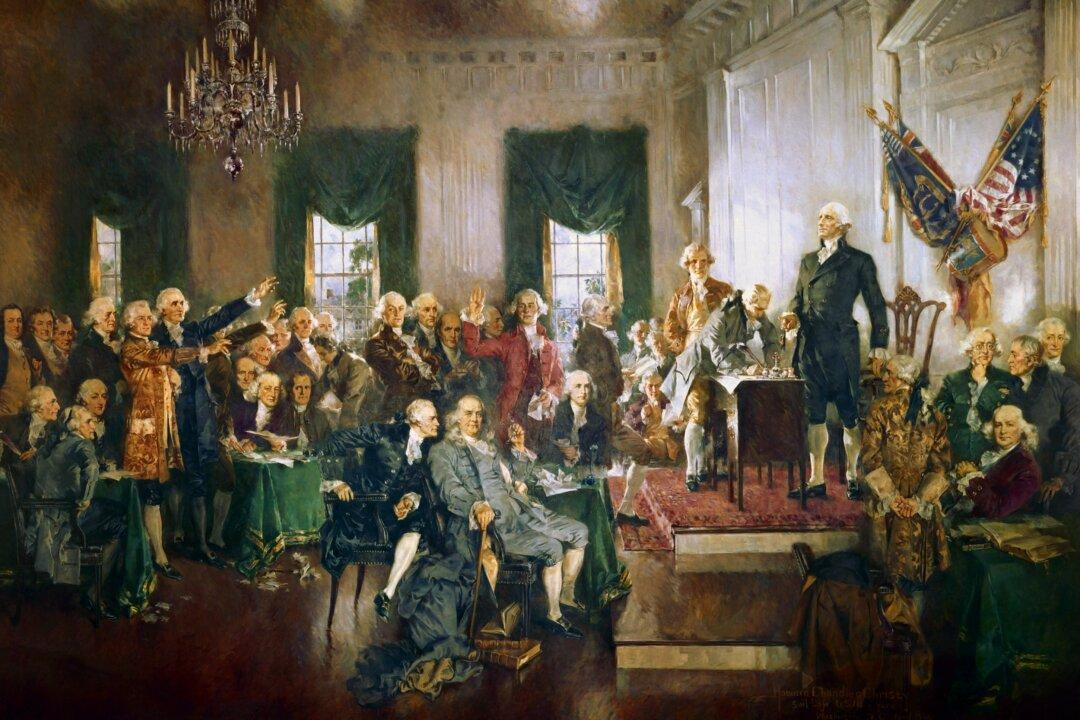Commentary
On March 30, U.S. Secretary of State Tony Blinken unveiled the annual State Department report on human rights abuses. While doing so, he formally announced the disbanding of the Commission on Unalienable Rights. This was unfortunate as the Commission had become an important tool for advancing and defending human rights through U.S. foreign policy.





